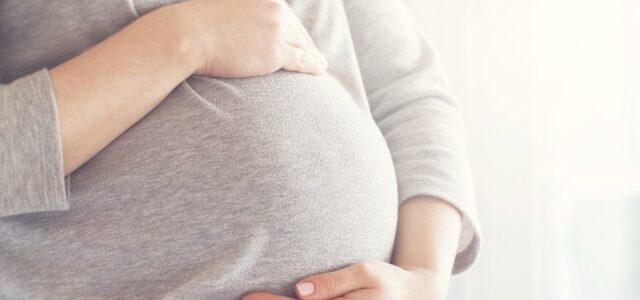World’s first humanoid pregnancy robot with artificial womb worth under RMB100K led by NTU-affiliated Kaiwa Technology founder to launch in 2026
worlds-first-humanoid-pregnancy-robot-with-artificial-womb-worth-under-rmb100k-led-by-ntu-affiliated-kaiwa-technology-founder-to-launch-in-2026
#Worlds #humanoid #pregnancy #robot #artificial #womb #worth #RMB100K #led #NTUaffiliated #Kaiwa #Technology #founder #launch,
BEIJING: The world’s first humanoid pregnancy robot with an artificial womb is expected to be launched next year by Chinese technology firm Kaiwa Technology at just under RMB100,000 (S$17,854). The project, led by its founder Dr Zhang Qifeng, an academic at Nanyang Technological University, was presented at the 2025 World Robot Conference in Beijing, as reported by Dimsum Daily.
The humanoid robot is designed to replicate a full-term pregnancy from conception to delivery through an artificial womb filled with artificial amniotic fluid. A tube will be used to supply nutrients to the foetus, mimicking the function of the placenta.
Dr Zhang said the artificial womb technology has already been refined in laboratory settings, with the next step being its integration into the humanoid robot—a prototype expected within a year.
The project builds on earlier experiments, including the success in 2017 at the Children’s Hospital of Philadelphia, where a premature lamb was successfully nurtured in a transparent “biobag” filled with artificial amniotic fluid. The lamb developed normally, including growing wool within weeks.
While the robot could provide an alternative for infertile couples or those looking to avoid the physical demands of pregnancy, it has raised ethical and legal discussions. Dr Zhang noted that consultations with authorities in Guangdong Province have begun, and policy drafts are in preparation to address societal concerns.
Currently, artificial wombs function as neonatal incubators that support life only after partial gestation.
An AI-powered breeding robot from the Chinese Academy of Sciences that uses gene editing and “speed breeding” techniques to improve crop yields was also presented at the conference. /TISG
Read also: Singapore ranks 2nd worldwide in AI readiness but falls behind in AI innovation
